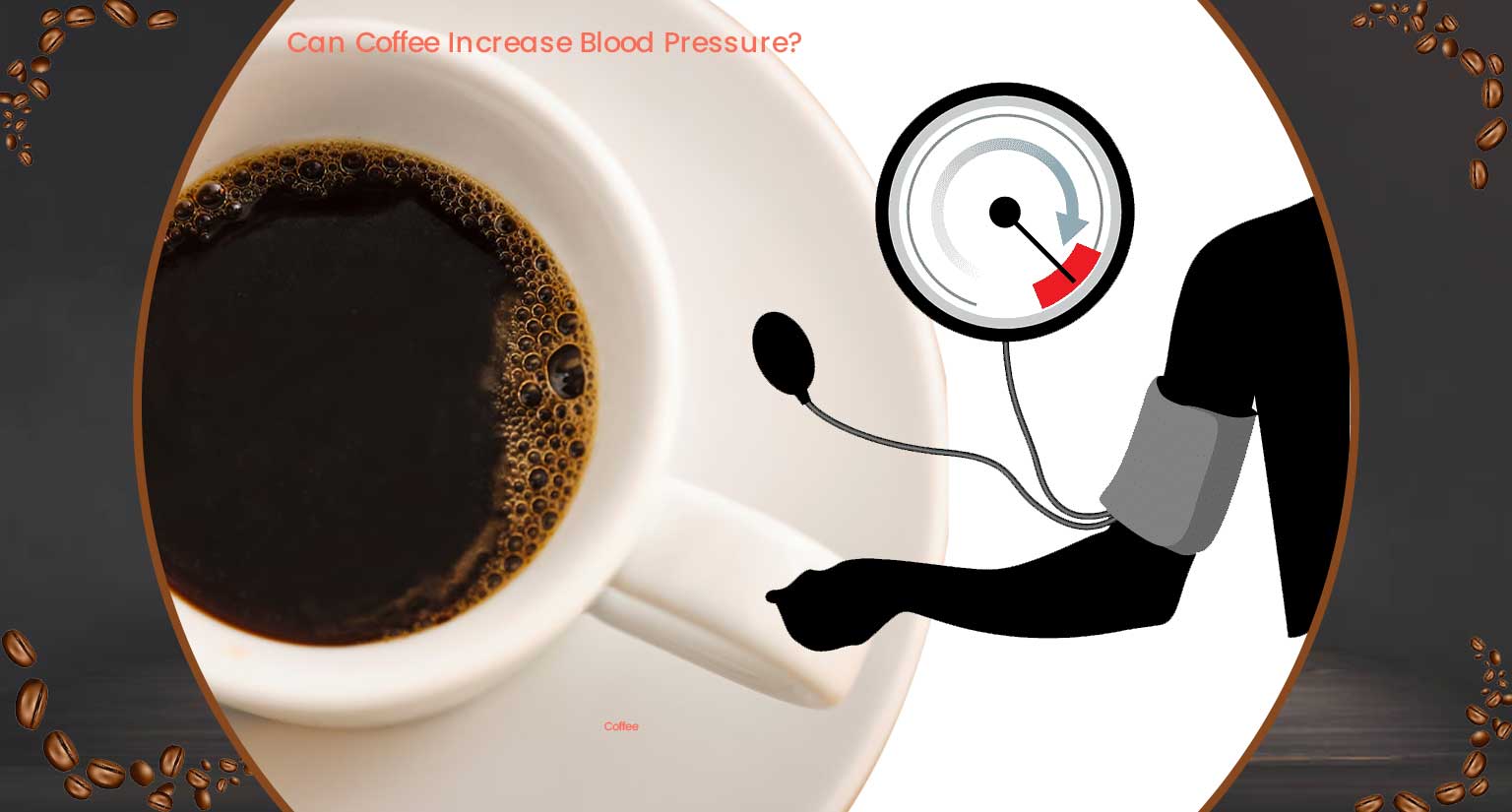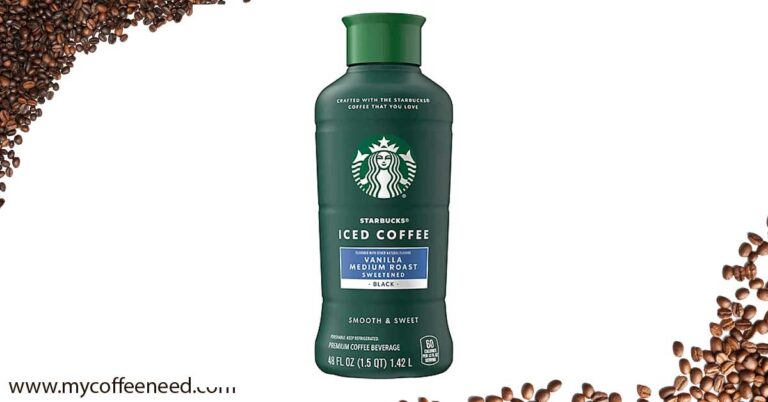Can Coffee Increase Blood Pressure?
Welcome, coffee aficionados! Today, we embark on a journey to explore a common query that lingers in the minds of many: Can coffee increase blood pressure?
Let’s dive into the rich world of coffee and uncover the secrets it holds for our cardiovascular health.
Will Quitting Coffee Lower Blood Pressure?
Before bidding adieu to your morning brew, it’s essential to unravel the intricate relationship between caffeine and blood pressure.
Caffeine, a natural stimulant abundant in coffee, can trigger a temporary spike in blood pressure. This occurs as caffeine stimulates the nervous system, prompting the release of adrenaline, the “fight or flight” hormone.
Consequently, blood vessels constrict, leading to a short-term increase in blood pressure.
But here lies the crux of the matter: Will quitting coffee result in a sustained reduction in blood pressure levels?
Peeling Back the Layers: the Effects of Coffee Abstinence
Quitting coffee involves more than parting ways with a daily ritual; it’s a lifestyle change that can potentially impact cardiovascular health.
Some studies suggest that long-term coffee abstinence may lead to a decrease in blood pressure, especially for those sensitive to caffeine’s effects.
However, the journey toward lower blood pressure isn’t without its nuances. Understanding your body’s response to caffeine withdrawal is crucial.
Abruptly stopping coffee consumption may trigger withdrawal symptoms like headaches and irritability. Yet, as your body adjusts to the absence of caffeine, positive changes in blood pressure could emerge over time.
Before embarking on a coffee-free journey for blood pressure management, consulting with a healthcare professional is advisable.
A personalized approach ensures that your well-being is prioritized and that decisions align with your unique health profile.
Exploration of the decaffeination dilemma, where we navigate the intricate terrain of quitting coffee and its potential impact on blood pressure.
Whether you’re pursuing a healthier lifestyle or seeking alternatives to your daily caffeine fix, understanding the nuances of this journey is the first step toward informed decision-making.
How Long Does Blood Pressure Stay Elevated After Coffee?
For avid coffee drinkers, the post-coffee blood pressure surge is a familiar experience. As you savor the rich flavors of your morning espresso, your cardiovascular system responds to the caffeine infusion.
This prompts a temporary increase in blood pressure, a physiological response that peaks shortly after consumption.
The immediate impact manifests as a surge in adrenaline, causing blood vessels to constrict and leading to a spike in blood pressure.
This initial elevation is a normal response to the stimulating effects of caffeine, part of the body’s “fight or flight” mechanism.
It’s essential to note that this surge is generally transient and is not indicative of a chronic increase in blood pressure. The body tends to regulate and return blood pressure to baseline levels over time.
Duration of Elevated Blood Pressure
But how long does this coffee-induced elevation in blood pressure persist? The duration varies from person to person and is influenced by factors such as metabolism, overall health, and sensitivity to caffeine. Typically, the immediate surge may last anywhere from 30 minutes to several hours.
Factors such as individual tolerance to caffeine, frequency of consumption, and the presence of underlying health conditions contribute to the variability in the duration of elevated blood pressure.
Those with heightened sensitivity to caffeine may experience a more prolonged effect, while habitual coffee drinkers may develop a tolerance over time.
Timeline of post-coffee blood pressure elevation is crucial for those mindful of their cardiovascular health. Whether you’re exploring ways to manage blood pressure or simply curious about the aftermath of your daily caffeine fix, this exploration will shed light on the temporal dynamics of this physiological response.
Is Coffee a Friend?
Let’s dive into the age-old discussion about coffee and its effects on our hearts. Is that daily cup of java a loyal companion or a potential challenger to our cardiovascular well-being? Together, we’ll unravel the intricate relationship between coffee consumption and heart health, blending scientific insights with a holistic perspective.
Benefits: Positive Aspects of Coffee for Heart Health
Contrary to what you might have heard, moderate coffee consumption comes with some potential perks for heart health.
The antioxidants found in coffee could play a role in reducing inflammation and safeguarding our blood vessels. Some studies even suggest that coffee lovers may have a lower risk of certain cardiovascular conditions, like heart disease and stroke.
But, here’s the catch—moderation is the magic word. Too much caffeine, often associated with excessive coffee intake, can lead to unwelcome side effects like a faster heart rate and palpitations.
Finding that sweet spot and savoring your coffee in moderation is the key to reaping its potential heart-protective benefits.
Coffee and its Impact on Cardiovascular Health
Coffee brings potential benefits, it’s essential to be mindful of certain considerations. People’s responses to caffeine can differ, and for some, too much may result in temporary spikes in blood pressure and heart rate.
If you have underlying heart conditions or sensitivities, it’s a good idea to chat with a healthcare professional to figure out the best approach to your coffee fix.
Come along on this exploration of the heart’s brew, where we untangle the complex relationship between coffee and cardiovascular health.
Whether you’re a die-hard coffee lover or someone pondering its role in your heart-healthy lifestyle, let’s arm you with the knowledge to make thoughtful choices for your well-being.
Is it OK to Drink Coffee with High Blood Pressure?
For those grappling with high blood pressure concerns, the question of whether to indulge in a daily coffee ritual can be perplexing.
Join us on this exploration as we unravel the intricate relationship between coffee consumption and high blood pressure, providing insights to help you make informed choices for your cardiovascular well-being.
Coffee and Blood Pressure Dynamics
The link between coffee and blood pressure is a nuanced interplay influenced by various factors. While some studies suggest a temporary spike in blood pressure after caffeine intake, the long-term impact remains a subject of ongoing research.
Individual responses to coffee vary, and factors such as genetics, overall health, and sensitivity to caffeine play crucial roles.
It’s essential to weigh the evidence and consider your unique circumstances. For many individuals, moderate coffee consumption may not significantly affect blood pressure levels.
However, excessive caffeine intake, common in heavy coffee drinkers, can lead to heightened heart rate and potential spikes in blood pressure.
Personalized Choices
Before adjusting your coffee habits based on blood pressure concerns, consulting with a healthcare professional is advisable.
They can provide personalized guidance, taking into account your medical history and individual health profile. Together, you can navigate the delicate balance between enjoying your favorite brew and prioritizing your cardiovascular health.
We delve into the complexities of coffee consumption when dealing with high blood pressure. Whether you’re seeking clarity on your daily coffee fix or contemplating adjustments to support your health goals, this detailed exploration aims to empower you with knowledge and understanding.
Conclusion
As we conclude our journey through the intricate relationship between coffee and cardiovascular health, it’s clear that the world of coffee is as complex as its flavors.
From exploring the potential benefits to navigating the risks, understanding the impact of coffee on blood pressure requires a nuanced perspective.
For those with high blood pressure concerns, the decision to indulge in a cup of coffee is a personal one. The evidence suggests that moderate coffee consumption may not pose significant risks for many individuals.
However, the key lies in moderation, as excessive caffeine intake can lead to unwanted effects on blood pressure and heart health.







